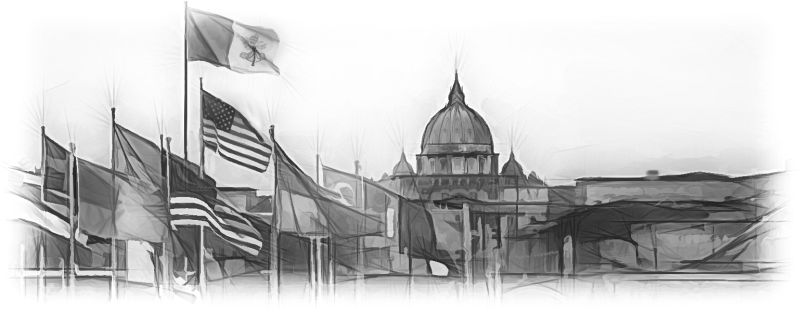Sara thought about the Seventh-day Adventist Church as she helped her mother sell pork and beer in Mozambique in southeast Africa.
Why do Adventists go to church on Saturday? she wondered.
As a small girl, Sara had gone to the Adventist Church several times with her big brother, who was an Adventist. But then he had moved to another town, and she had gone back to the church of her mother.
As she worked with her mother, memories about the Adventist Church returned. She thought about Adventist neighbors who had moved next door. Sara decided to ask them why they went to church on Saturday.
The neighbors welcomed Sara’s question, and they opened the Bible to the fourth commandment in Exodus 20:8–10. Sara read, “Remember the Sabbath day, to keep it holy. Six days you shall labor and do all your work, but the seventh day is the Sabbath of the Lord your God. In it you shall do no work” (NKJV). She also read other verses about the holiness of the seventh-day Sabbath. She saw that Jesus worshiped on the seventh day when He lived on earth. She decided to keep the seventh-day Sabbath.
Mother was furious when Sara told her that she would no longer sell pork and beer on Saturdays. She forbade Sara from going to the Adventist Church. Sara went anyway. She wanted to honor her mother as God commands in the fifth commandment (Exod. 20:12). But she also realized that it was more important “to obey God rather than men” (Acts 5:29).
Tensions escalated further when Sara stopped selling pork and beer altogether. She explained to Mother that God does not condone the eating of unclean meat, such as pork (Lev. 11:7), or the drinking of alcohol (Prov. 20:1). Furthermore, she said, the Bible teaches that “whether you eat or drink, or whatever you do, do all to the glory of God” (1 Cor. 10:31), and selling products unapproved by God would not glorify Him.
Mother threw Sara out of the house. With nowhere to go, Sara left town and moved in with her Adventist brother and his wife and their sons. Her heart was heavy. Is this the cost of following Jesus? she wondered.
Sara’s brother presented her case to leaders at his church. Through their efforts, an Adventist pastor met with Mother. She listened carefully to what he said. She didn’t agree with him on everything. But her face softened as they spoke. She said Sara could return home.
Today, Mother still does not share Sara’s convictions. Sara is praying for the Holy Spirit to touch her heart. She knows that the God who gave her a fuller understanding of His love can do the same for her mother.
Thank you for your Sabbath School mission offerings that help spread the good news of Jesus’ soon coming in Africa and around the world.

